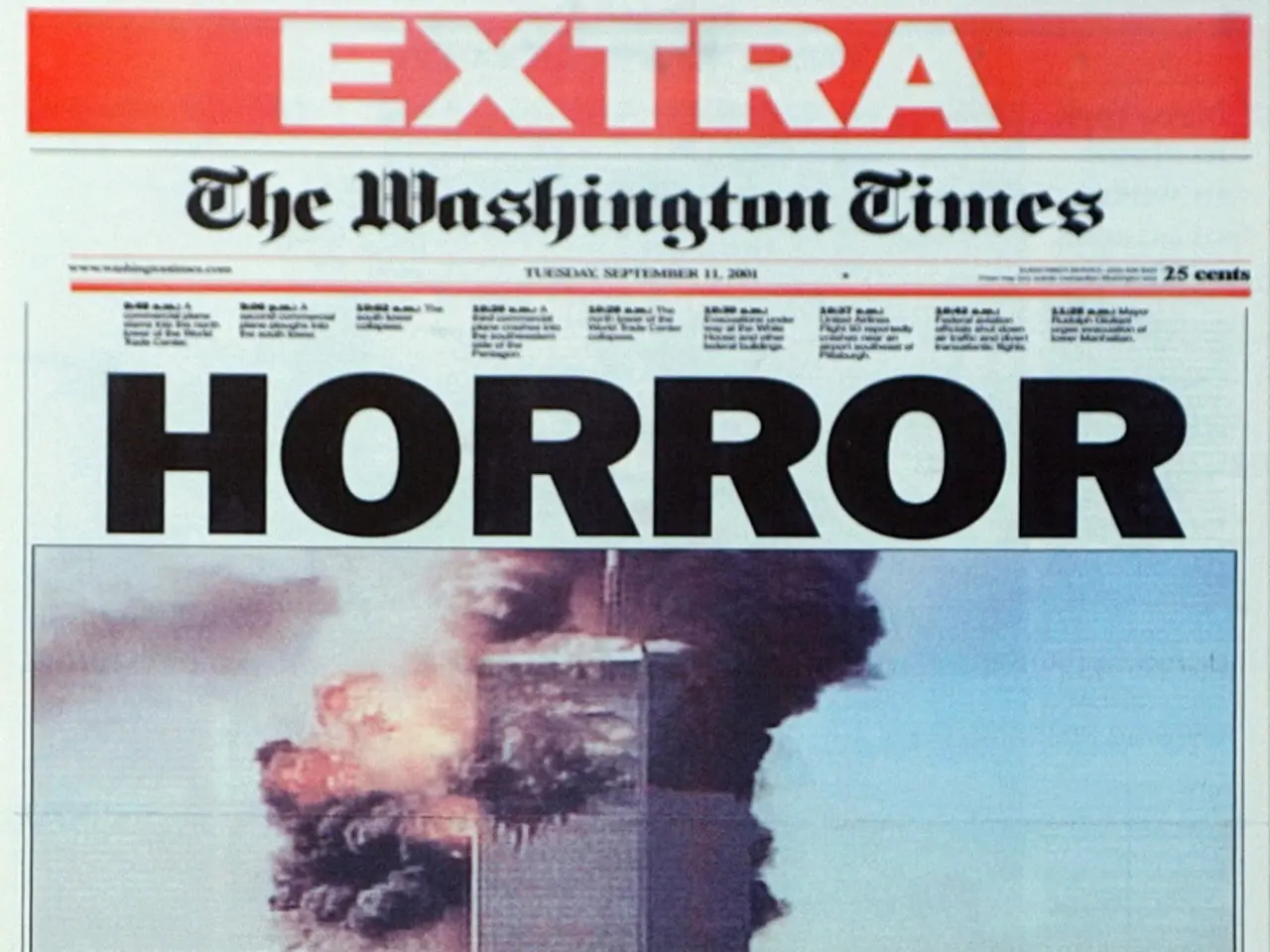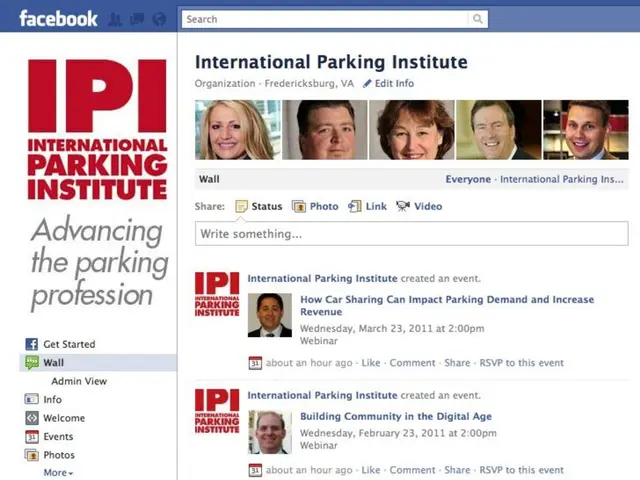Authoritarian tactics similar to those used by leaders to suppress opposition are being employed by Trump in regard to the media.
In recent years, the relationship between political leaders and the media has been under scrutiny worldwide. Two figures who have drawn significant attention are former US President Donald Trump and Hungarian Prime Minister Viktor Orbán.
In the United States, Trump waged an unprecedented campaign against the media, unlike any in modern history. He pressured media companies, threatened to revoke TV broadcast licenses, and sought to bend news organizations and social media companies to his will. His approach even extended to comedians and commentators, with Trump cheering ABC's suspension of Jimmy Kimmel's late-night show after Kimmel made remarks criticizing the president's MAGA movement.
Trump's tactics extended beyond verbal threats. He filed lawsuits against outlets whose coverage he disliked, and he targeted social media giants, claiming Meta dropped its fact-checking program partly because of his threats.
Across the Atlantic, Orbán has built a media empire in Hungary that is subject to his party's orders. State broadcasters reliably amplify government talking points and smear political opponents. Opposition parties complain that they get just five minutes of airtime on public TV during elections. Orbán's allies donated nearly 500 news outlets they had acquired to a government-controlled conglomerate in 2018.
Orbán has made hostility toward the press central to his political brand, borrowing Trump's phrase "fake news" to describe critical outlets. The European Parliament in 2022 declared that Hungary could no longer be considered a democracy due to Orbán's moves against independent media and systematic capture of democratic institutions.
The situation in Serbia mirrors these concerns, with President Aleksandar Vucic facing accusations of curtailing media freedoms. Journalist safety has worsened since student-led protests challenging Vucic's rule.
Russia's President Vladimir Putin has consolidated control over national television and expanded restrictions on civil society, independent journalism, and online platforms.
However, it's important to note that in 2018, no single individual or organization was explicitly documented as having taken near-complete control of the media. Instead, significant media ownership changes occurred, such as RTL Deutschland's acquisition of Sky Deutschland and financing changes in companies like Dyn Media GmbH involving Axel Springer SE, the Schwarz Group, and the German Football League, indicating media concentration processes rather than a full takeover by one entity.
Federal Communications Commission Chairman Brendan Carr launched investigations into public broadcasting networks, raising concerns about media freedom in the US.
In a more positive note, Disney-owned ABC News agreed to a $15 million settlement to resolve a Trump lawsuit, signifying a potential restraint in the government's power over the media.
The Washington Post owner, Jeff Bezos, killed an editorial endorsement of Democratic nominee Kamala Harris before the 2024 election, a decision that sparked debates about the role of ownership in shaping media narratives.
As the world continues to grapple with the complexities of media freedom, these cases serve as a reminder of the importance of an independent and free press in upholding democracy.
Read also:
- United States tariffs pose a threat to India, necessitating the recruitment of adept negotiators or strategists, similar to those who had influenced Trump's decisions.
- Weekly happenings in the German Federal Parliament (Bundestag)
- Southwest region's most popular posts, accompanied by an inquiry:
- Discussion between Putin and Trump in Alaska could potentially overshadow Ukraine's concerns








